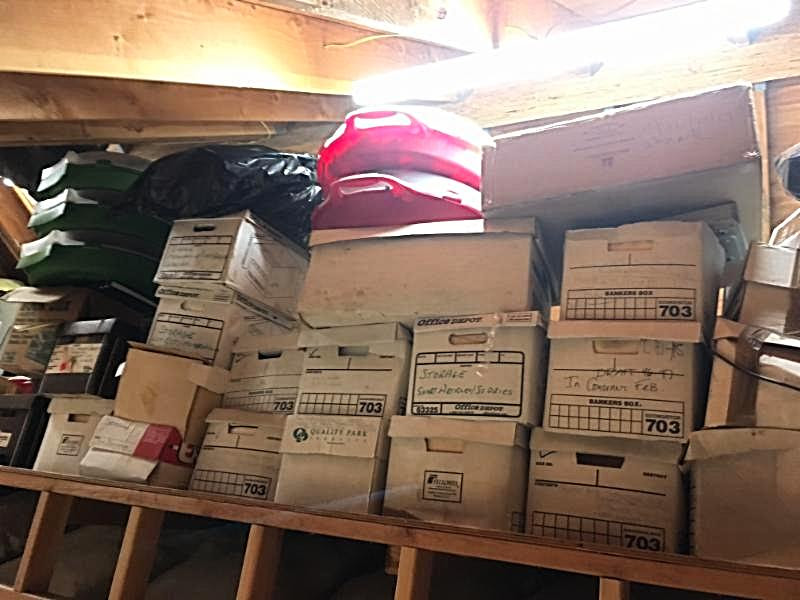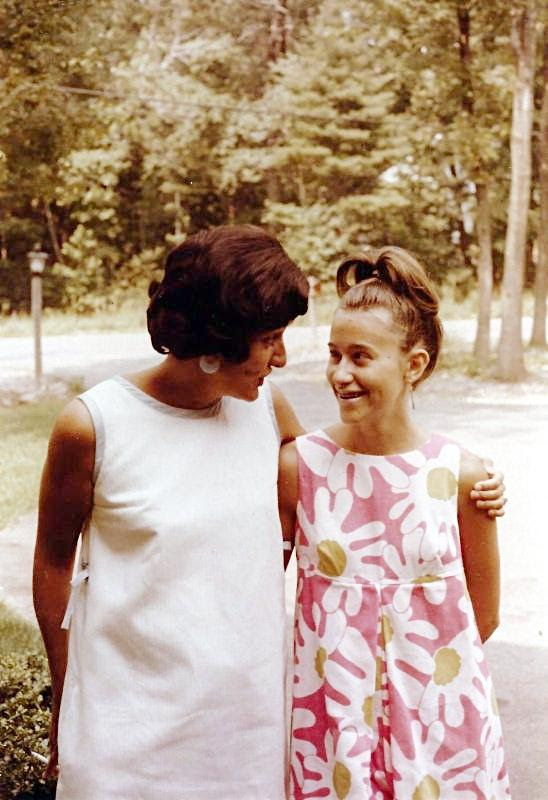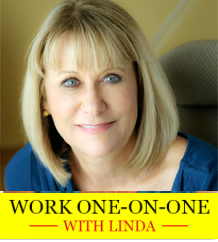I am standing in my attic, looking at the precarious piles of banker’s boxes stacked toward the roof, the five chests of Christmas ornaments, the over-sized carton of old wrapping paper and bows. The yellowed art prints, the discarded lamps, and the spotted mirrors. All the stuff of years past. So many things I should have already thrown away or donated to a charity. Yes, I confess I am a pack rat.
Why do I hold onto things this way? Am I just too lazy to move them out the door? It doesn’t seem so, at least initially. I reassure myself with the inevitable: “I might need this again someday.” And so the clutter just seems to stay of its own accord. If I were honest with myself, I’d admit that I’m never going to repack that toaster oven back into its original cardboard container.

Doesn’t everyone, at some point, face an attic that fills the nose with decades of dust? Doesn’t everyone peer this way and that into dark corners that hold God knows what and shudder? Are you good at spring cleaning every year? I am not and neither were my parents. I learned early on how to tuck things away.
As Mother’s Day hovers on the horizon, sorting through life’s leftovers brings back memories of cleaning out my Mom’s house after her death. That’s one enormous chore probably all of us have had to confront following losing someone we love.
When the time arrived to sell our childhood home, my sister and I had to confront that cavernous space under the eaves, dimly lit and overflowing with dusty “treasure” that–in the end–turned out to be nothing but trash. And in light of the emotional devastation of her suicide, letting go of any of it was difficult.
Nevertheless, we drove back and forth to Goodwill innumerable times, the car stuffed full of cracked leather suitcases, musty clothing, boxes of baby toys, and cartons of mismatched shoes; later, we tackled the basement too, making multiple runs to the dump with a U-Haul, carting off such goodies as three-legged card tables, bureaus with broken drawers, and rusted-out lawn chairs. The scrapbooks and the photos albums were about all we saved.
Only one kind of sorting out was different than this, and I had to handle that on my own, despite the loneliness. Before my mother died, she made me literary executor of her estate–custodian of both her public and private worlds, especially those captured on paper. Unlike the contents of her attic, all the thirty-odd boxes containing the artifacts of her life were important. Here, at last, was treasure.
I inventoried it piece by piece, from the personal letters to the literary correspondences with well-known writers. It was never a boring job but wasn’t easy, either. Three years of my life passed while I made my way through the reams of paper. I was not free to separate treasure from trash, as my sister and I had done in the attic, because all of the material was valuable–part and parcel of a successful poet’s early years and career.

Sometimes my task was uplifting, and sometimes it was painful. I came to know my mother in ways a daughter rarely does. In ways some daughters might, in fact, never want to: she was a woman of many faces and experiences, and with innumerable secrets. I laughed and I cried as I came to understand her anew, taping up the last carton and finally shipping it off to the new home I’d arranged.
At The University of Texas in Austin, it now resides in a permanent Anne Sexton Archive at The Harry Ransom Center. What a relief: while I hadn’t thrown any of it away, as we’d done with the attic’s detritus, I had given my mother’s life over into the care of someone else. It and she were no longer my responsibility, and there was peace in that.
Because I’ve learned so well what is entailed in settling a lifetime of documents, I plan to donate all my forty years’ worth of a writer’s life–those banker’s boxes stacked to my attic’s ceiling–also to The University of Texas, so that they can establish a Sexton “family archive.” There are no secrets that startle in any of my materials, but I’m making sure my children don’t have to take on the onerous job of sorting through it all after I am gone. They will be able to relax and go on with their own lives.

When my sister and I were little girls, we always whined that there was no Children’s Day–our complaint coming every year just in time for Mother’s Day. “Every day is Children’s Day,” Mom used to retort. Today, as I start to pile up moth-eaten coats and to tackle those boxes destined for the Harry Ransom Center, I’m thinking about how right she was. When my time is up, my attic will be nearly empty and mostly swept clean. Not much treasure, or trash, with which to contend. My kids will never have to throw away my leftovers, or, most importantly, know me as more than simply their Mom, unless they choose to go to the south-west and find the rest of me. Maybe that’s the greatest Children’s Day gift of all.
Yours,
Linda
Have a comment or feedback? Talk to Linda!

